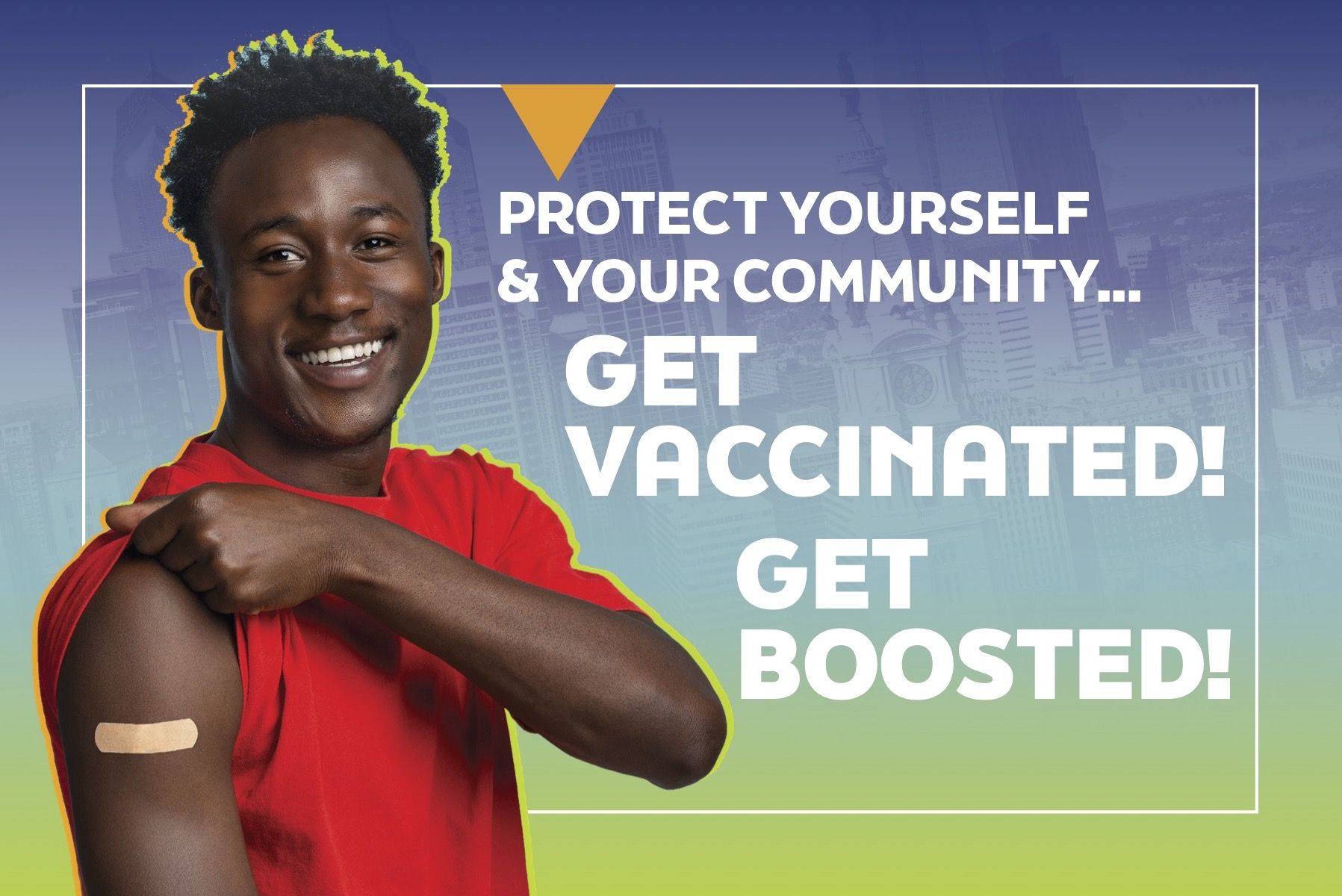
Filter by Topics
Frequently Asked Questions
No. Breastfeeding does protect against a few minor infections, like diarrhea, ear infections and the common cold, however more serious infections are not prevented by breastfeeding alone.
No. Numerous studies have found no association between vaccines and autism. This misconception originally stems from a study that was published in the late 1990s that falsely claimed that an association existed between the MMR vaccine and autism. This study has since been discredited for many reason that compromised the validity of the results. In the subsequent years many well-done studies have found no association between autism and vaccination.
Vaccines do contain chemicals that can be harmful in large amounts. However, the amount of these ingredients in vaccines are well below amount necessary to cause harm, even when multiple vaccines doses are given. The chemicals in vaccines tested for safety and are included for a specific purpose (for example, some chemicals help the vaccine stimulate a more effective immune response in the body, whereas other chemicals work as a preservatives). The chemical use in vaccines is approved by the Food and Drug Administration (FDA) prior to being released to the public.
Please go to the following link to learn more about vaccine ingredients:
https://www.chop.edu/centers-programs/vaccine-education-center/vaccine-ingredients
Vaccines are made from dead viruses or virus parts that are generally unable to cause illness. However, they trick your body into believing that you’ve been infected with the real thing. This activates your immune system, a process that can cause fever, flu-like symptoms, headache, swelling at the vaccine site, and tiredness.
In some people (like those who are too young or who have a weak immune system) a vaccination CAN make you sick. Your medical provider is responsible for making sure that vaccines are safe for your child. They do this by completing a physical exam and asking you health questions.
Here is a chart that maps the recommended vaccination schedule for children between the ages of 0 and 6 years old. If you have any questions our office would be happy to answer them!
Vaccines activate your immune system to tricking the body into thinking that it has an infection. Vaccines contain killed or weakened germs that the body recognizes as dangerous. The body’s immune system will attempt to “fight” the weak or dead germs, and in the process it will “remember” what these germs look like. This prepares your immune system so that if your body ever meets the ‘real’ germ in the future it will be prepared to fight. This completely prevents some infections and allows the body recover more quickly from other infections.
Here is a great and simple video to explain how vaccines work:
https://www.youtube.com/watch?v=pMSSu7QLAlw
Here is another great video, but a little longer:
Vaccines are not only helpful to those who receive vaccines. People who are unable to get vaccines also benefit from the herd immunity created by vaccines. Herd immunity occurs when enough people in the population have immunity to protect those who are not immune. Vaccines allow us to increase the number of people immune to a disease without every person getting sick in order to build immunity.

In this video, you will learn about herd immunity and how it is useful in protecting the population from disease. This video also talks about how vaccines are useful in building herd immunity: https://www.youtube.com/watch?v=cEn1PKyBUNc
The fact that we can debate vaccines is proof that they work. Many infections, like polio, measles, rotavirus and invasive pneumococcal disease, were once extremely common. They are now rare because of vaccination, however if enough people stop vaccinating these infections will return. We are beginning to see this with Measles.
Some of these infections are not common in the US but are still common in other parts of the world, where vaccine rates are much lower. It is easy for a common disease in other parts of the world to get to the U.S by just a plane ride and spread among the population and make people sick again.
We do not recommend alternate vaccine schedules because they place children at an increased risk for serious infections. However, we are willing to work with families to come up with a schedule that optimizes protection and minimizes risk.
No. While some of the vaccine preventable illnesses are considered ‘mild’ (such as Chicken Pox), you never know how YOUR child will react to the infection. Some of these infections may have severe complications, such as brain injury, deafness, blindness, or even death. You can not predict how sick your child will get when infected with a “natural” disease before the symptoms occur. These major risks cannot be ignored and the best way to avoid these complications is vaccination. More importantly, a child with a “natural” disease can spread that infection to other children and adults who can also get very sick, this can create a public health problem.
Most side effects from vaccination are minor, such as soreness and redness where the injection was given, or a slight fever. These side effects usually last 1-2 days and are treatable. Severe reactions are infrequent. The tiny risk of a major response from vaccination has to be weighed against the genuine threat of getting a dangerous vaccine-preventable disease or suffering problems from it.
For an in depth list of side-effects for individual vaccines follow the link below, but note that not all of the listed side-effects are common:
Vaccination can be used to protect your child against serious diseases like measles, whooping cough, polio, tetanus, rotavirus, hepatitis A, hepatitis B, chickenpox, influenza, and more.
Philadelphia FIGHT Pediatrics participates in the Vaccine For Children program, which allows us to give free vaccine to any child who is uninsured, or whose insurance plan will not cover it. Finances should not be an obstacle to timely vaccination.
No. If you miss an appointment, your baby misses some doses, but it’s not necessary to start over. Your provider will continue from where they left off.
It is our strong medical recommendation that all children receive vaccines according to the schedule provided by the American Academy of Pediatrics and Centers for Disease Control and Prevention. We vaccinate our own children according to these schedules. Vaccines are safe, they are effective, and they save lives. When you vaccinate your child you are also protecting others in the community who are too weak, small or sick to protect themselves from dangerous diseases.
We also recognize that parents have a legal right to refuse or delay vaccinates for religious, medical, or philosophical reasons. We will not shame or “kick out” families who have made these decisions. However, we will recommend catch-up vaccines to these families at every visit to our office with the expectation that these children will eventually become fully vaccinated.
For an in depth vaccine schedule please follow the link below:
https://www.cdc.gov/vaccines/schedules/downloads/child/0-18yrs-child-combined-schedule.pdf
Vaccines protect your child from serious diseases. Vaccines keep public places safe. Not only do they protect the person who gets the vaccine but they also protect those around them. Some people (like newborns, the elderly, and those with weak immune systems) are very vulnerable to infection and can get critically ill if infected. These individuals depend on the rest of use to get vaccinated because they cannot.
Information about each vaccine
Websites
- https://www.voicesforvaccines.org/vaccines/
Advisory Board includes Dr. Paul Offit and Dr. Stanley Plotkin from CHOP - https://www.chop.edu/centers-programs/vaccine-education-center CHOP Vaccine Education Center
- https://vaxopedia.org/
Create by Dr. Vincent Iannelli (University of Texas Southwestern Medical School) to educate parents about vaccines - https://www.historyofvaccines.org/
Created by the College of Physicians of Philadelphia- also has activities that explain how vaccines work and how they are made - https://www.ecbt.org/
Vaccinate Your Family: The Next Generation of Every Child by Two - http://www.vaccineinformation.org/


